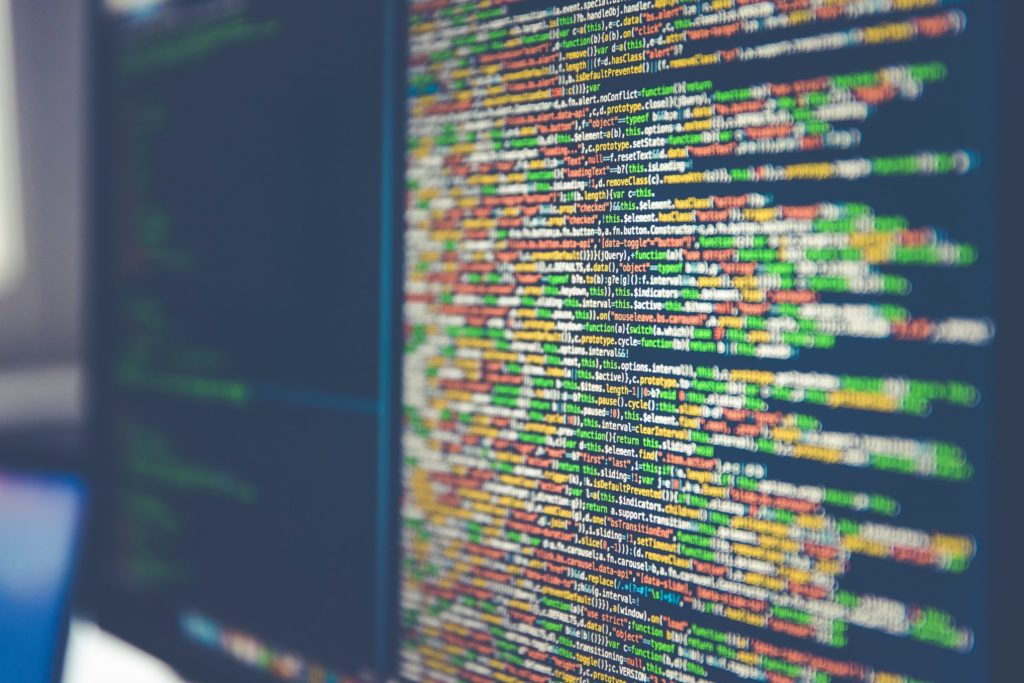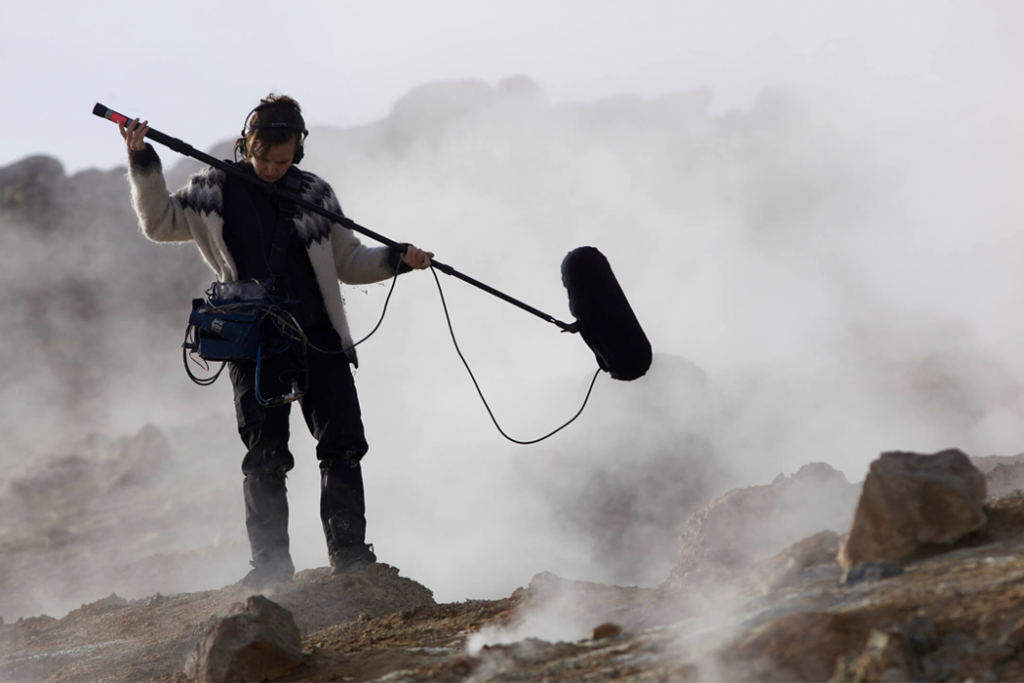UT-Austin's site for exploring
emerging digital literacies
Through WRITING, research, INSTRUCTION, HARDWARE, and theory
our services
for DWRL and UT College of Liberal Arts students and faculty
Need help with classroom tech or lab equipment? Click to read classroom procedures or file a support ticket.
Need a room for meetings, study sessions, or other small gatherings? Click to make a room reservation.
Need hardware or software for your digital projects or assignments? Click to request equipment.
our practices
The DWRL offers learning opportunities and support for
students and faculty interested in a varied range of
digital practices, projects, and pedagogies.
graduate student practicum
Training and project support for graduate students in digital research and pedagogy.


digital field methods institute
Field methods training and experience for researchers.

our team

casey
boyle
director

peter
shine
dwrl coordinator

laura
escudero
systems administrator

kimber
harrison
senior assistant director

claire
fitch
assistant director

trent
wintermeier
assistant director

clarice
blanco
assistant director
our mission
The Digital Writing & Research Lab (DWRL) is positioned at the intersection of rhetoric, writing, and technology, and is dedicated to the practice, teaching, and theory of emerging digital literacies. These literacies, both multiple and malleable, are a requisite part of a liberal arts education.
our history
In the mid-1980s, a group of English graduate students at UT started drilling holes in the wall of the undergraduate library basement. They ran cable through these holes that allowed them to connect twelve computers (obtained by Dr. Jerome Bump via grant) to form a local area network. And, thus, the Computer Research Lab (CRL) was born.
Predating the popularization of the Internet, the CRL’s network made possible some of the first digitally networked writing classrooms. With the guidance of the CRL’s first director, John Slatin, grad student staffers developed software for writing teachers and students. A group of them eventually founded a software company called The Daedalus Group.
The CRL was renamed the “Computer Writing and Research Lab” in the 1990s, before finally becoming the Digital Writing and Research Lab in 2010. Over the decades, work undertaken by staffers has stretched far beyond software design, creating a range of influential and award-winning research projects, publications, and scholars.


